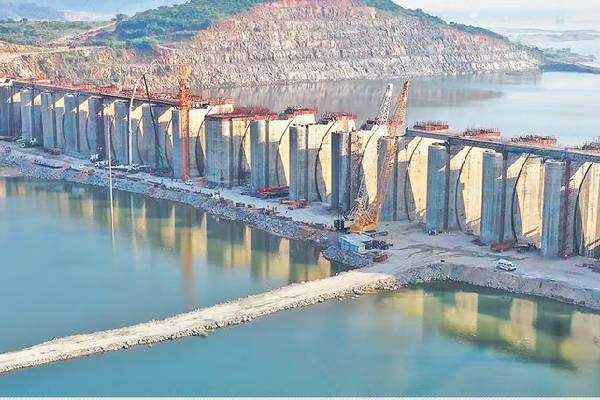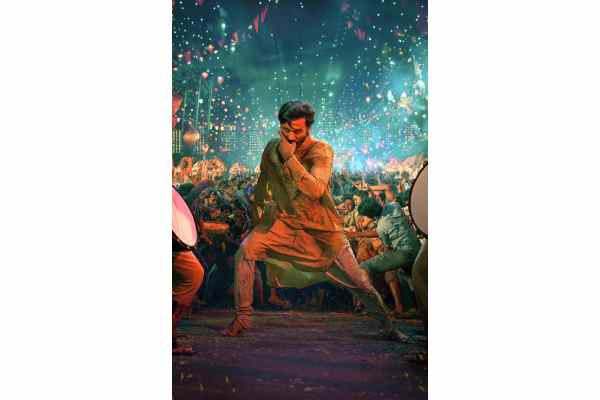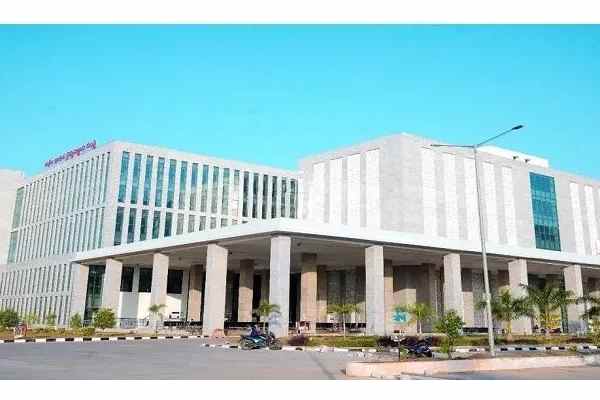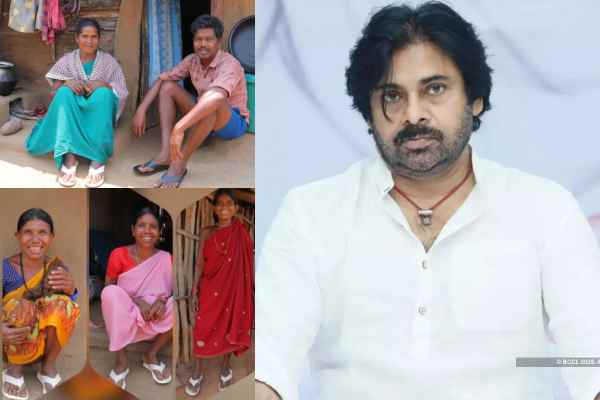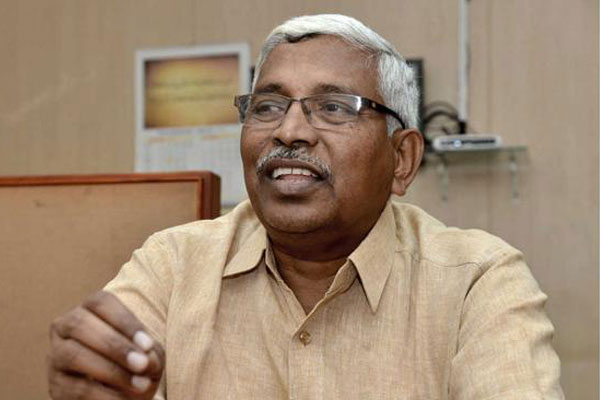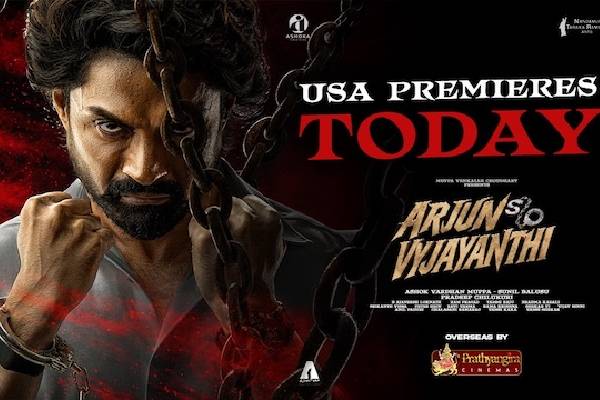In the euphoria after the formation of Telangana, some activists of the Telangana Rashtra Samiti referred to K Chandrasekhar Rao as the `Mahatma’ since in many senses, he was indeed the man who got `freedom’ for Telangana from united Andhra Pradesh and therefore in their view, deserved the sobriquet of the `Father of Telangana’.
His friend-turned-rival Prof M Kodandaram would attempt to take a step towards stripping KCR of that title, when he follows in the footsteps of the Mahatma by staging a silent protest at Bapu Ghat in Hyderabad on October 2. He will be using the power of silence to articulate the angst over the government’s alleged negligence towards the farming community.
While the issue is very relevant, given the large number of suicide deaths – 74 just in August, according to farmer activists – the stage is set for a direct confrontation between the two stalwarts of the Telangana movement.
While KCR was the political face of the movement, Kodandaram, along with the late Prof Jayashankar, gave it the ideological credibility. Kodandaram headed the Telangana Joint Action Committee, that ensured all political parties were brought together to fight the Andhra politicians.
June 2014 when Telangana came into existence, saw Kodandaram fall out of favour. No one knows the exact reason for the distancing but contrary to expectations that he would be drafted into the cabinet as education minister, Kodandaram could not even secure an appointment with the new CM.
Over the past few months, Kodandaram has got under the skin of the TRS government by raising the banner of revolt over the Mallannasagar project land acquisition issue, being critical of the manner in which the government has handled the drought and raising objections to the approach to division of districts.
But where does Kodandaram go from here? Unlike KCR, he stuck only to the Telangana cause during the active years of the agitation from 2009 to 2014, without touching upon the details of the agrarian distress or problems concerning students, weavers or government employees. So he has to almost start from scratch in taking on these issues. Even on the issue of Telangana identity, Kodandaram would find it difficult to challenge the stature of KCR.
While there are aggrieved sections in Telangana, it has not translated into serious anti-incumbency against KCR for Kodandaram to emerge as a powerful rallying point. In the last two years, KCR also has made an attempt to weaken the opposition by encouraging desertions from the Telugu Desam and Congress camp. So only those who were not politically accommodated by KCR are seen by Kodandaram’s side.
The question also arises if Kodandaram has the acumen to convert his following into some kind of a political outfit. Or will he only be used as a figurehead by the Congress and other opposition parties.
If Kodandaram gains in strength, it will be because of the TRS. The ruling party is making a mistake by attacking Kodandaram, with some of its senior ministers leading the charge. It shows that they are scared of his criticism, that they fear he will be seen as more credible than a typical opposition voice. But by targeting him, they give him the platform from where he can emerge as a mass leader, should unhappiness against the KCR regime grow in the next couple of years.
KCR the politician and Kodandaram, the political science teacher know each other’s politics only too well. It will be fascinating to see who wins in the battle between political theory and political practical experience.





















